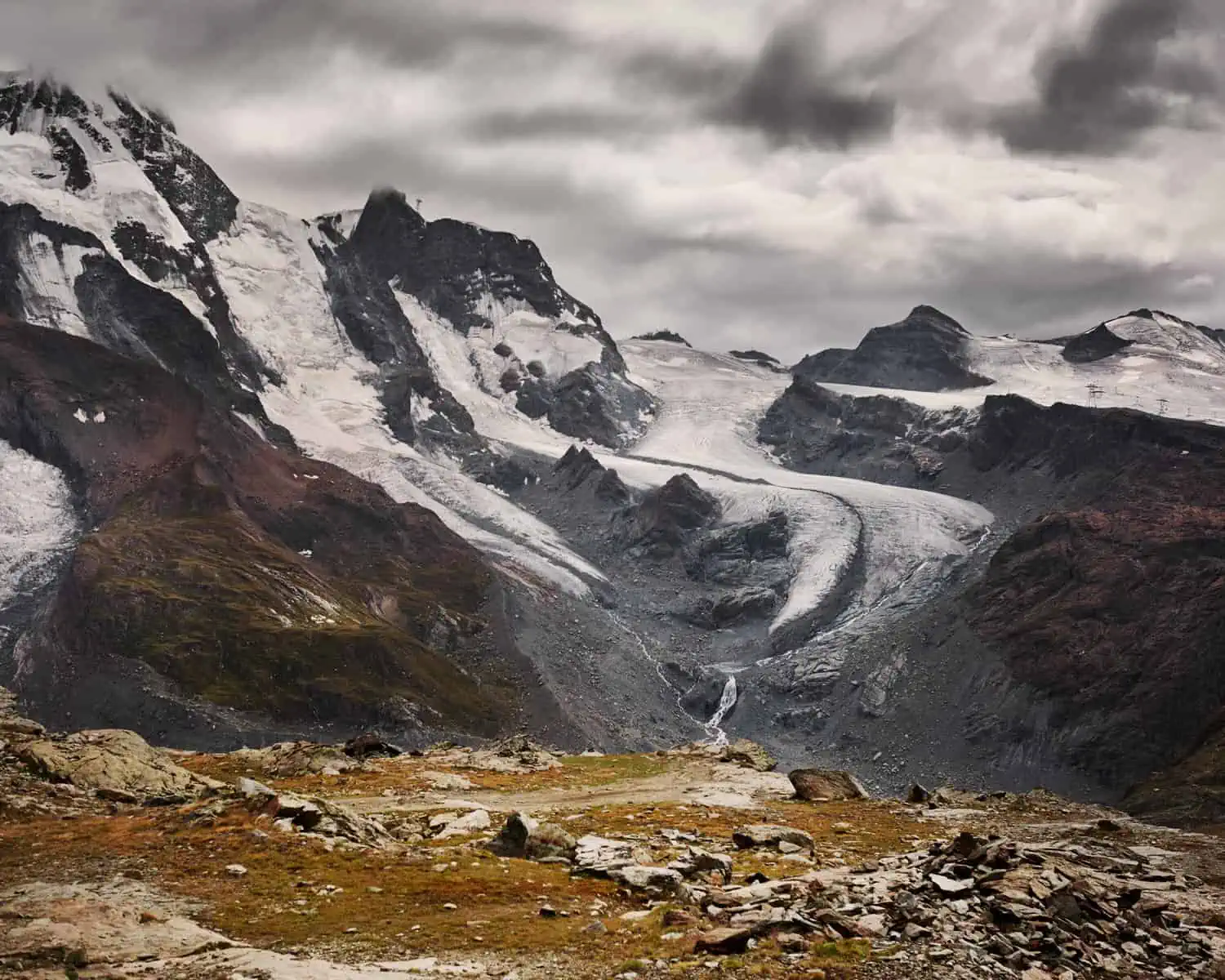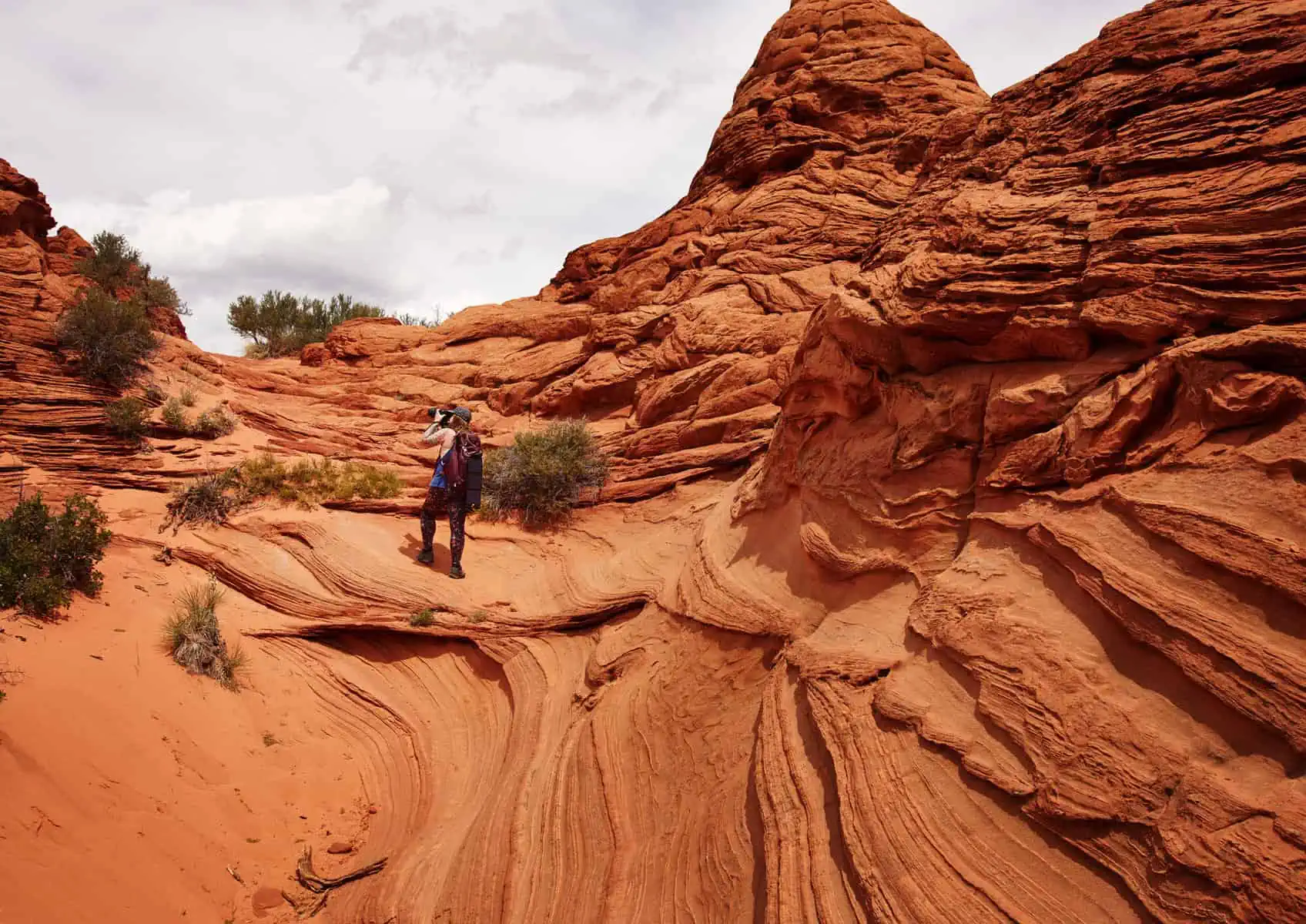I heard this expression quite some time ago, and it really stuck with me. I was listening to a podcast and the interviewee was talking about the idea that the key to developing to where you want to be in life happens by asking better questions. It really intrigued me, when I listened to the examples that she gave around this. One of the simplest examples was to ask yourself ‘what can I learn from this?’ instead of ‘why is this happening to me?’ As someone who’s struggled with anxiety for a lot of their life but has learned to live a life where it doesn’t take the driving seat, this was a brilliant reframe that I started to use in many scenarios. There were many other questions she used as examples in this podcast episode and it really made me think about just how much the people I looked up to and admired in life were probably asking better questions, and this was a great turning point for me where I started to ask many better questions and really started to see the benefits in my life, of this.
It really occurred to me a while ago that in photography, better questions were something that I seemed to be asking naturally and for a long time, developed my photography in stratospheric growth spurts. I realized that I’d even been using better questions all those years ago working as a still life photographer. In many ways, still life photography was a very technical affair, leading to a lot of experimentation to get to where the end result needed to be (hello liquids photography). My exploration and childlike curiosity to try things and to look at things from different perspectives is what made me the photographer that I am today.
Asking better questions, or the struggle to ask them and seeing their benefit is something that I’ve noticed a lot in many different contexts in photography. It is something that has come up whilst working with university students, it has come up in various talks I’ve given, and it has also come up many times in the form of comments, from readers and on Instagram. I’ve also seen it happen whilst we’ve been hiking; hearing other people’s comments and frustrations with their photography. I’m not trying to say that there is anything bad about the questions I’ve been asked. However, having the insight to see what you might be saying and choosing to ask a better question is going to radically transform your relationship and development in photography, which in turn, will allow you to take better photographs, at whatever level you’re at – from professional to keen enthusiast.
So, what is a ‘bad’ question and what is a ‘good’ question? It is quite simple; a bad question is a question (or statement) that doesn’t lead you on the way to a solution. A good question is something that allows you to develop. Bad questions will often leave you feeling unsatisfied, helpless and in many circumstances, give up with what you’re doing. A good question will often help you feel supported and excited about developing your skills. I’ll give some examples of good and bad questions to explain what I mean:
Examples of bad questions:
Why hasn’t this worked?
If only I had (insert equipment) this would be better…
I can’t use this weather to shoot this.
I’m not getting what I want.
I don’t know how to get what I want.
Examples of good questions:
How can I look at this differently, what were my expectations and how can I learn/improve my skills to get what I had in mind?
How can I work with what is here to get something I like?
How can I use this light/mood/framing available to me to aid me?
How can I develop the skills I need to get what I want?
Which photographers work do I admire, and how can I use some of the skills and knowledge they exert in their work to help me develop my photography?
You’ll see that, even though they are mostly based around similar ideas, the framing of them is completely different. Changing from ‘why has it’ to ‘how can I’ is one of the biggest shifts you can make in allowing yourself the ability to ask better questions and develop your practice. Asking ‘how can I’ will help you to be a lot more forgiving of your mistakes. It’ll allow you to develop your skills by looking at the perceived mistakes you’ve made as lessons and it’ll give you a whole load more curiosity and fun around taking photographs, which will really show in your images.
I’d invite you to look at how the questions you’re asking yourself are either working towards you developing your practice or not. You might not even be aware that you’re actually asking yourself questions or making statements to begin with.
Here are my tips for helping you to get better at asking better questions, loosening up around your photography and helping you to truly enjoy taking photographs.
Drop the expectations
Are you going into the situation with exact ideas of how you want something to look or are you leaving room for spontaneity? One of the saddest things we’ve heard is people grumble about how the weather isn’t giving them exactly what they had in mind. This is incredibly limiting. The reality is, unless you live somewhere where you can get out to the same scene every day, or know the landscape like the back of your hand, and can read when a weather front is going to give you what you want (which usually comes from experience of knowing a place really well) then the chances are, you’re not going to get exactly what you had in your head. You might have seen a scene on Instagram and thought ‘brilliant, I want my image of this place to look like that’ and then turned up and the reality was much different. Go with what is there, and ask the question ‘how can I use this to my advantage? What is working here? What is interesting?’ The chances are, if you’re always looking for that perfect shot in the way you’ve seen someone else capture it is going to leave you fairly disappointed. Plus, you miss those incredible fleeting moments where the sceneisspeaking to you. Those are the shots that create that wonder that most photographers dream of.
You’re not going to do it wrong – just try it
We’re sometimes scared to try out different things because we’re scared of the outcome. What if it doesn’t work? But, thinking like this is really limiting your creativity. We often feel like if we try what we’ve had a brainwave about that we’re going to wind up breaking something or doing something wrong – but what is the worst that could happen? Give yourself permission to try things that come to you, to think from other perspectives and look at different approaches. There is no right or wrong answer. Also, if you don’t like the results you got, you don’t have to do it again! (Until the next time you find something you want to try, of course!)
Ask opinions – get another perspective – but don’t take it to heart
Sometimes, especially if you’re out with other people, it can be really good to ask for their opinions. I’ll ask Matt all the time when we’re out shooting what he thinks of what I’m doing, and vice versa. We both have different styles and strong points with photography, so having his perspective can be really valuable. If you’re struggling with a composition, ask someone you’re with what they think will work – even if they’re not, quote on quote, creative. At the same time, do not take what everybody says to heart – if you really like something that you’re creating, keep going with it, regardless of if other people like it or not.
Don’t just do it for the gram
I think this one is pretty self-explanatory, but something that really saddens me is to see people missing out on really developing their style in a way that feels true to them and they’re excited about, just because they feel that it won’t be popular on Instagram. It is so easy to get sucked into the feeling of confidence that can come from getting a lot of likes and comments on a photograph, but ultimately, is this going to bring you joy?
Developing takes time
I’ve seen a lot of people, who are new to photography, or really, anywhere in their practice, compare their work to people who’ve perhaps been shooting for thirty years. This is not a fair comparison. I look at my own work from three years ago and I can see that in that timeframe, my work has significantly improved. The more you expose yourself to shooting, to developing and analyzing your work, ask better questions and seeing the work of others, the more you’ll develop. Comparing your work to someone who is on a much different and more matured journey is simply not going to help you develop your work. If you need a boost, look at how much your photography has improved since you began shooting.
Developing in photography is about being curious, it’s about being receptive and responsive and I can absolutely promise you, that if you start asking better questions, you’ll see huge improvements in your photography.


